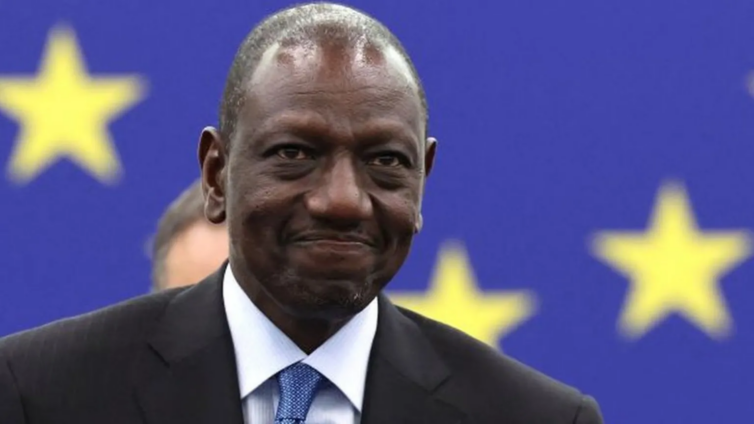Kenya's Court of Appeal on Wednesday declared the government's 2023 finance law unconstitutional, inflicting a new blow to the government of President William Ruto who withdrew this year's finance bill after deadly protests.
The finance bills, which are presented to parliament at the start of every financial year, are the main vehicle for the government to set out its revenue-raising measures including tax hikes and the introduction of new levies.
The 2023 version was challenged in court following a round of political opposition-led street protests that turned violent, after Ruto's government used it to double the value added tax on fuel, introduce a housing tax, and raise the top personal income tax rate, among other measures.
"A further declaration is hereby issued that the failure to comply with this constitutional dictate renders the entire Finance Act, 2023 unconstitutional," a three-judge bench of the Court of Appeal said in a ruling.
The court's verdict was in respect of an appeal of another one from the High Court late last year, which largely left the finance bill intact, only striking out the housing levy.
The government pushed through a new law to allow it to continue collecting the housing tax after that ruling and that law is also being challenged in court.
The government, which has been relying on the 2023 finance law to continue collecting taxes after Ruto withdrew this year's bill, did not immediately comment on the ruling.
The government can appeal the Court of Appeal ruling at the Supreme Court, which is the highest court.
Reuters could not reach the office of Chief Minister Musalia Mudavadi for comment. The top official at the finance ministry, Chris Kiptoo, did not respond to requests for comment.
Ruto has nominated a new finance minister after he fired all ministers but one in response to the youth-led violent protests that started last month.
Ruto says the higher taxes are necessary to enable the government to fund development programmes while paying off a heavy public debt load that currently exceeds the recommended level by the International Monetary Fund and the World Bank.
The government has submitted a new economic plan to the IMF and it expects the board of the fund to consider it at the end of August.
Latest Stories
-
Israel is accused of the gravest war crimes – how governments respond could haunt them for years to come
45 minutes -
Liberia’s ex-speaker charged with arson over parliament fire
1 hour -
Help protect oceans for sustainable future – Dr. Agyekumhene
2 hours -
Portugal vs Spain Nations League final preview
2 hours -
Trump-Musk row fuels ‘biggest crisis ever’ at Nasa
3 hours -
Sir Sam Jonah’s blueprint: 10 keys to transform Ghanaian youth into nation builders
3 hours -
Sir Sam Jonah calls for urgent STEM prioritisation to develop Ghana
4 hours -
Gyakie makes Forbes Africa’s 30 Under 30 list for 2025
4 hours -
7 Ghanaian pilgrims confirmed dead during 2025 Hajj
5 hours -
‘Write for World’ graduates 30 females in entrepreneurship and fashion design programme
6 hours -
Police escort vehicle somersaults in near-fatal crash near Binduri
7 hours -
Sir Sam Jonah commends Mahama as he backs youth leadership to transform Ghana
7 hours -
OSP vs Ofori-Atta: It is difficult to reconcile the letters from Mayo Clinic – Neurosurgeon
8 hours -
“I was a labourer in the Obuasi mines” – Sir Sam Jonah shares humble beginning
8 hours -
Embrace the ‘F word’; Failure is the path to success – Sir Sam Jonah
8 hours

